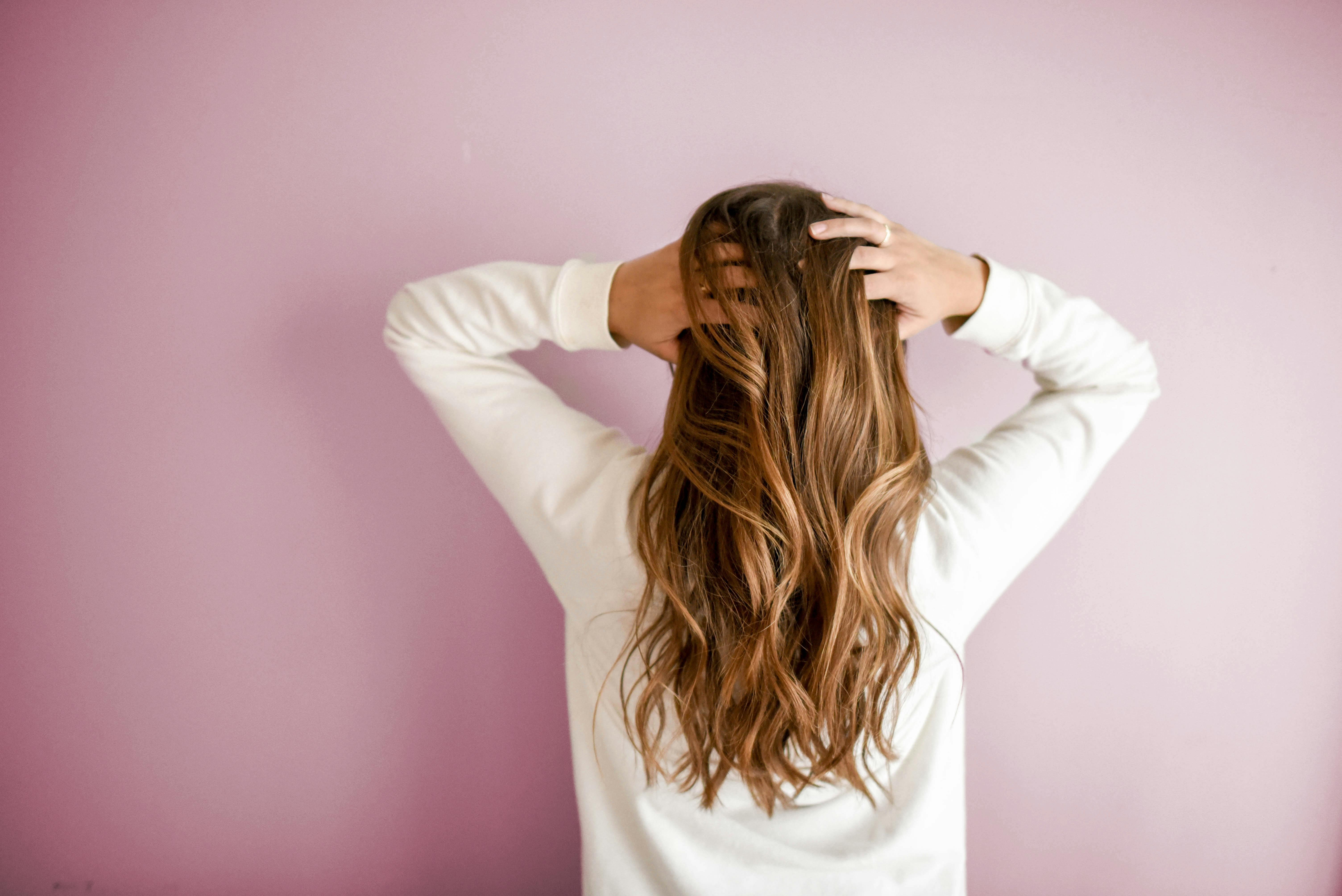Hair is more than just strands — it’s a symbol of vitality, confidence, and identity. Yet for many people, noticing thinning hair or bald patches can feel like losing a part of themselves.
That’s why more and more individuals are exploring effective hair loss treatment options, seeking solutions that go beyond temporary fixes.
Why Does Hair Loss Happen?
Hair loss can be caused by a wide range of factors. Genetics play a key role in conditions like male or female pattern baldness, while hormonal imbalances, stress, nutritional deficiencies, and certain medications can also contribute.
Even factors like harsh styling practices and scalp health can tip the balance.
Understanding the root cause is essential before deciding on the right treatment. That’s why a proper consultation with a qualified professional is the first step towards reclaiming healthy hair.
Treatment Options: More Than Just Shampoos
When it comes to treating hair loss, one size definitely does not fit all. Today’s treatments are as diverse as the causes themselves. From topical solutions like minoxidil to oral medications, advanced therapies are now available to address different types of hair loss.
Platelet-rich plasma (PRP) therapy is a popular option that uses the body’s own growth factors to stimulate hair follicles. Microneedling, often combined with serums or PRP, can also help by improving blood circulation and encouraging new growth.
In some cases, low-level laser therapy (LLLT) can be used to boost follicle activity without invasive procedures.
Lifestyle Adjustments Matter Too
While medical treatments are important, lifestyle factors shouldn’t be overlooked. Managing stress, improving nutrition, and caring for your scalp can make a significant difference.
A diet rich in vitamins, minerals, and protein supports hair health from the inside out.
Simple changes like using gentle hair care products, avoiding excessive heat styling, and protecting hair from sun damage can also help preserve the hair you have.
Myths and Realities
Let’s debunk some common misconceptions:
- “Hair loss treatments work instantly.” Results often take several months, as hair growth is a slow, natural process.
- “It’s just vanity.” For many, hair is tied to self-esteem and identity — addressing hair loss is about confidence, not just appearance.
- “All treatments are the same.” Each treatment targets different causes, so a personalized approach is crucial.
Consultation is Key
A thorough consultation helps determine the type of hair loss and the most effective treatment. This might include blood tests, scalp analysis, and a discussion about your medical history and lifestyle.
Choosing a qualified professional who listens to your concerns and explains your options honestly makes all the difference between a frustrating experience and a journey that feels supportive and hopeful.
Where Art Meets Science
At IPAL Clinic in Islamabad, professionals approach hair restoration as both a science and an art. They design personalized treatment plans based on your unique needs, using advanced technologies and evidence-based therapies.
The goal is to help you not just regain hair but also rebuild confidence.
Final Thoughts: Confidence Grows Here
Hair loss can be a challenge, but it doesn’t have to define you. With the right guidance and treatments, you can take meaningful steps towards thicker, healthier hair — and a renewed sense of self.
Because confidence isn’t just about what’s on your head — it’s about how you carry yourself in the world.
Beyond physical treatments, remember that patience and consistency are key. Real results take time, and every journey is unique. Some people see regrowth in a few months, while for others, progress might be slower.
Trust the process, and don’t be discouraged by temporary setbacks.
Most importantly, remember that your worth is never measured by the number of hairs on your head. True confidence comes from within — from knowing you’ve taken steps to care for yourself and from embracing your unique journey, hair and all.
With the right support, you’re not just growing hair; you’re nurturing a stronger, more confident you.

